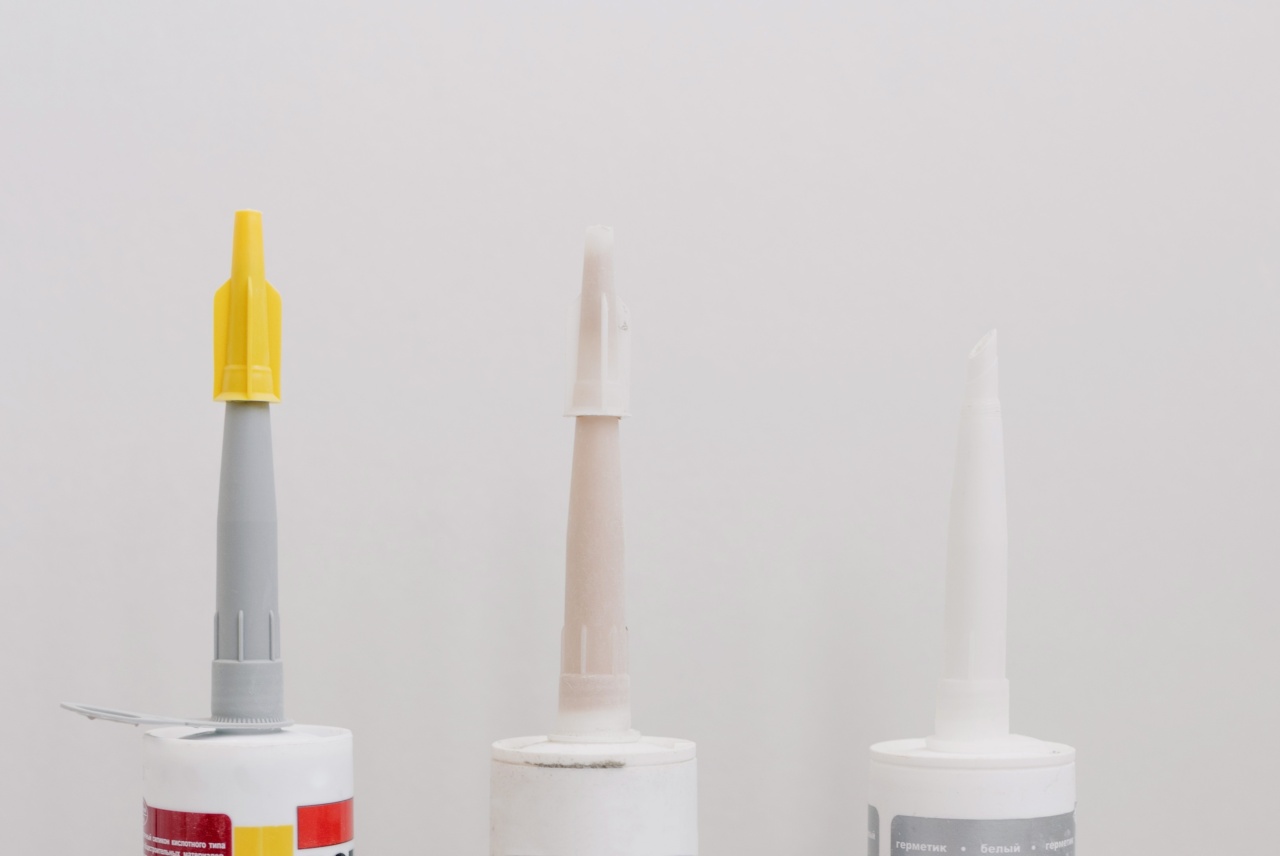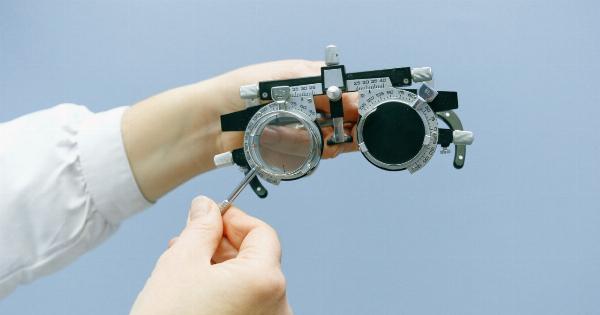Macular degeneration is a common eye condition that affects millions of people all over the world. It is a disease that affects the macula, the central part of the retina responsible for sharp, detailed vision.
Macular degeneration can occur in two forms: dry and wet. Dry macular degeneration is more common and tends to progress slowly. Wet macular degeneration is less common but more severe and tends to progress rapidly.
While there is no cure for macular degeneration, early detection and treatment can help slow or prevent the onset of vision loss.
What is a Macular Degeneration Test?
A macular degeneration test is a diagnostic tool used to diagnose and monitor the progression of macular degeneration. The test can be performed by an optometrist or ophthalmologist using specialized equipment.
However, there are also simple techniques that people can try at home to test for macular degeneration. These DIY tests can be useful for detecting early signs of the disease.
DIY Techniques for Testing Macular Degeneration at Home
Here are some simple techniques that you can use to test for macular degeneration at home:.
1. Amsler grid test
The Amsler grid test is a simple test that can be used to detect changes in your central vision. It involves looking at a grid of straight lines and checking for any distortion or missing areas. To perform the test, follow these steps:.
- Print or draw an Amsler grid on a piece of paper
- Wear your prescription glasses or contacts if you have them, and cover one eye with your hand
- Stare at the center dot on the grid with your uncovered eye
- Notice if any lines or areas are missing or distorted
- Repeat the test with the other eye
If you notice any abnormalities, such as missing or distorted lines, it is important to schedule an appointment with an eye doctor.
2. Color vision test
Changes in color vision can also be a sign of macular degeneration. To test your color vision, you can use the Ishihara color plates, which are a series of colored dots arranged in a pattern. The test is designed to reveal any color vision deficiencies.
To perform the test, follow these steps:.
- Download and print the Ishihara color plate test
- Wear your prescription glasses or contacts if you have them
- Stare at each plate and identify the number or shape that is visible
- Repeat the test with the other eye
If you have difficulty identifying the numbers or shapes, schedule an appointment with an eye doctor.
3. Visual acuity test
The visual acuity test is a simple test that measures your ability to see detail at a distance. To perform the test, follow these steps:.
- Stand 20 feet away from a Snellen eye chart
- Wear your prescription glasses or contacts if you have them
- Cover one eye with your hand and read the smallest line of letters you can see
- Repeat the test with the other eye
If you have difficulty reading the smallest line of letters, schedule an appointment with an eye doctor.
4. Contrast sensitivity test
Contrast sensitivity is the ability to distinguish between shades of gray. A decrease in contrast sensitivity can be a sign of macular degeneration. To perform the test, follow these steps:.
- Download and print a contrast sensitivity test chart
- Wear your prescription glasses or contacts if you have them
- Stand 20 feet away from the chart in a well-lit room
- Cover one eye with your hand and identify the lowest contrast level you can see
- Repeat the test with the other eye
If you have difficulty identifying the lowest contrast level, schedule an appointment with an eye doctor.
Conclusion
Macular degeneration is a common eye condition that can lead to vision loss. While there is no cure for macular degeneration, early detection and treatment can help slow or prevent the onset of vision loss.
By using these simple DIY techniques for testing macular degeneration at home, you can help detect early signs of the disease and take steps to protect your vision.




























